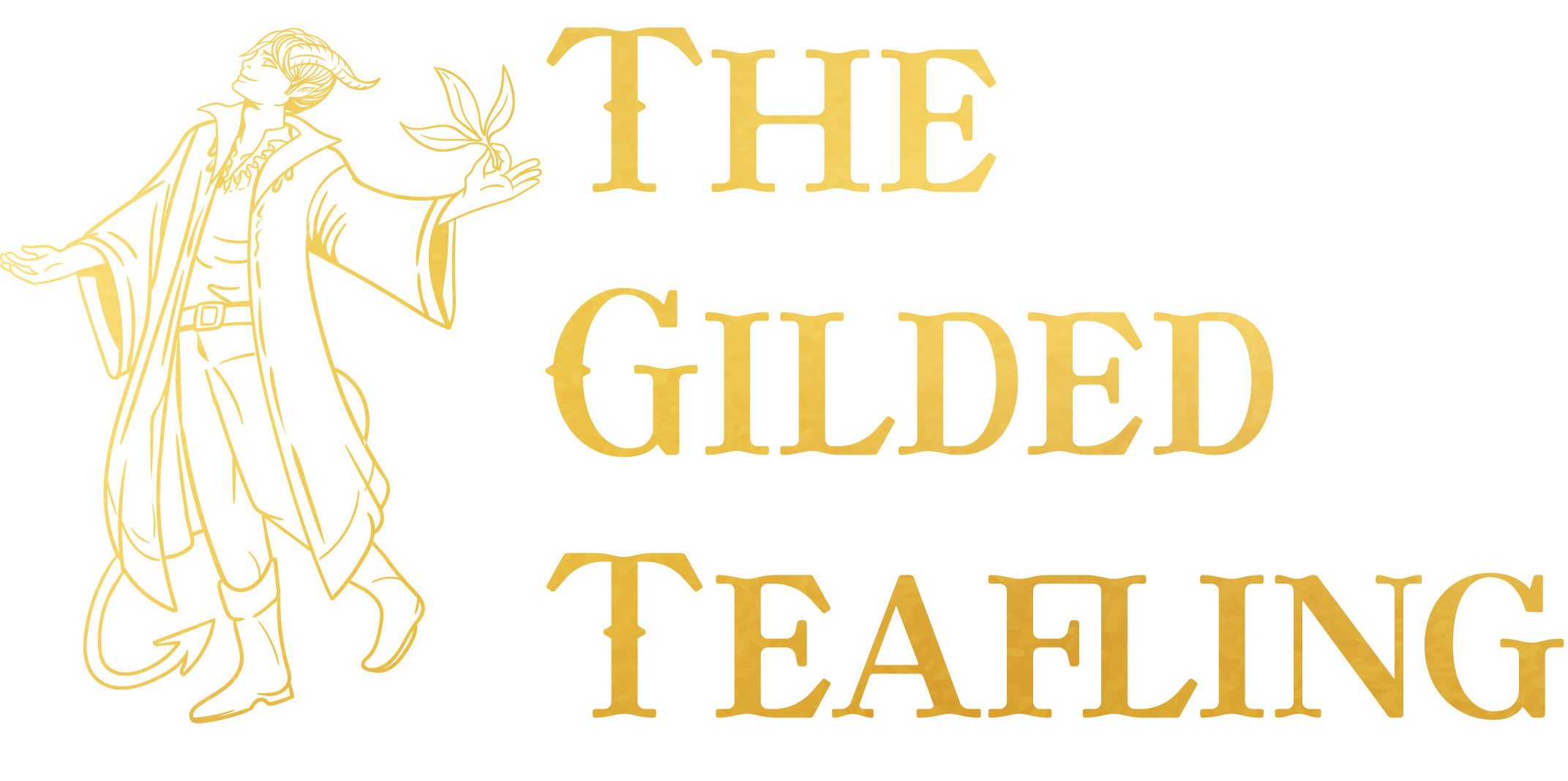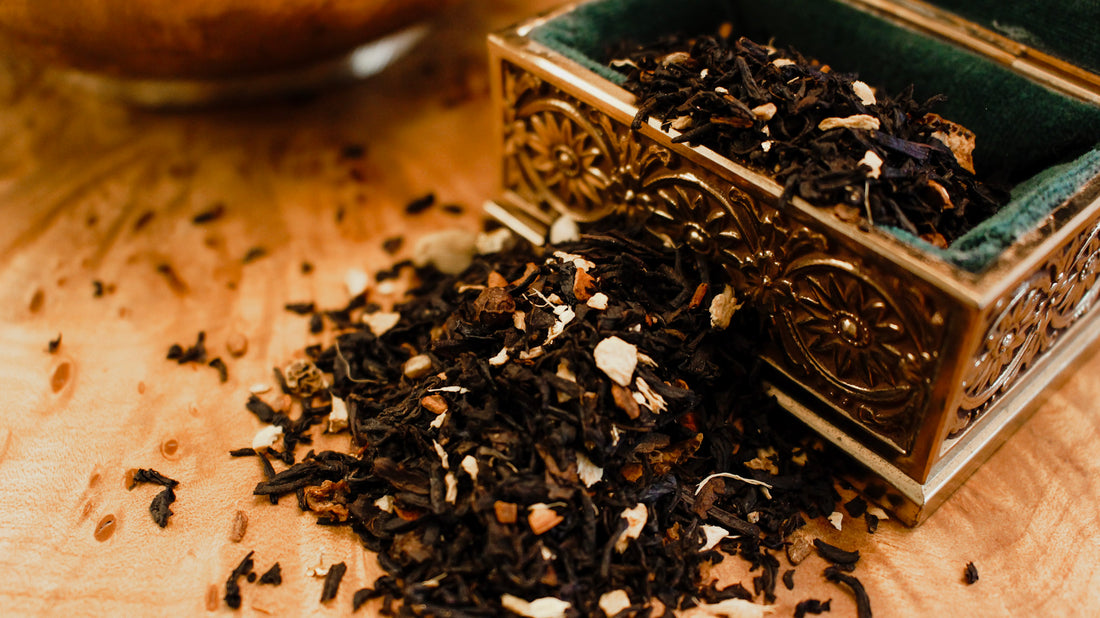Introduction
Chai tea is a popular beverage that is enjoyed all over the world for its warm, sweet, and spicy flavor. It is made by blending black tea leaves with a variety of spices such as cinnamon, cardamom, cloves, ginger, orange peels, and nutmeg. The ingredients used in chai tea can vary depending on the brand and recipe, but the most common combinations are those listed above. In this post, we'll delve into the details of chai tea including: its caffeine content, how it compares to other teas and coffee, and tips on how to reduce the caffeine in your chai tea. So, brew yourself a cup of chai and join us as we explore the world of this beloved beverage!
What is chai tea?
Chai tea is a blend of black tea and delicious spices. It has a warm, sweet, and spicy flavor that can be enjoyed hot or cold.
The ingredients in chai vary depending on the brand and recipe used to make it; but, common combinations include black tea leaves (usually Assam), cinnamon sticks or powder (or both), cardamom pods (or seeds), cloves, ginger, orange peels, and nutmeg. These are all simmered together in water until softened, releasing that sweet and spicy flavor and aroma.
Our own specialty chai blend includes many of these ingredients. It also has a delicious caramel flavor with a sprinkling of edible gold flakes for a magical flavor and look.
Chai is often served with milk and sugar to increase the sweetness and creaminess of the drink. It can even be made as an iced or hot latte made with steamed milk.
Caffeine content of chai tea
The word "chai" translates from Hindi to "tea" (this means "chai tea" really means "tea tea!"). You might reasonably think there is a "chai tea leaf" in chai tea; however often the only tea leaves in chai tea are black tea leaves! This means the caffeine content of a chai tea is comparable to a cup of black tea: around 40-50 milligrams per 8 ounces. Or, about half the amount of caffeine in a cup of coffee.
The amount of caffeine can vary based on a number of factors including the number of tea leaves used, time steeped, and even brewing water temperature. This means a chai tea brewed with many leaves, at a higher temperature, for longer will have more caffeine than a chai tea brewed with fewer leaves, at a lower temperature, for a shorter amount of time.
Caffeine content of a chai latte
Chai lattes are typically made with a chai concentrate mixed with milk. This chai concentrate is made from the same ingredients as chai tea so also contains some caffeine. A 16 oz Starbucks chai latte, for example, has 95mg of caffeine, (comparably, a 12 ounce brewed coffee at the same location has 135mg). Again, caffeine content will vary based on brew times and temperatures. Make sure to check with your local tea shop for exact caffeine measurements.
How chai tea caffeine content compares to coffee
Chai tea is less caffeinated than coffee, but it's not as low-caffeine as decaf coffee.
It's also less caffeinated than espresso, which is generally considered to be the most potent form of caffeine. So if you're looking for a quick boost from chai tea and espresso makes you feel jittery or anxious, chai tea might be a good option.
How chai tea caffeine content compares to other teas
Since chai tea consists primarily of black tea leaves and spices, the caffeine content will be comparable to black tea. But how does chai tea caffeine content compare to other types of tea?
Here's an overview comparing how much caffeine are in different types of tea:
-
Black tea (and chai tea): 40-70mg (High)
-
Oolong tea: 35-55mg (High)
-
Green tea: 35-45mg (Medium)
-
White tea: 15-30mg (Low)
-
Decaf tea: 0-10mg (Very Low)
-
Herbal & Rooibos tea: 0mg (None)
You'll notice each type of tea has a range for caffeine content. This is because of the factors in brewing we discussed above that can result in more or less caffeine content.
How to reduce the caffeine in your chai tea.
If you're looking to reduce the caffeine in your chai tea, you can try a blend that uses decaf black tea. Most decaf teas will still have trace amounts of caffeine (usually less than 10mg). So if you are strictly looking for zero caffeine options, consider a rooibos or herbal tea instead.
You can also reduce caffeine content by using fewer tea leaves, lower water temperature, and shorter brewing times. If you do this, you might want to consider adding more milk and sugar (or other sweeteners) for flavor.
If you want an even lower-caffeine option with fewer ingredients altogether, try a chai tea syrup! Many syrups are made with cane sugar and have zero caffeine content. These syrups can go a long ways towards recreating the delicious spiced flavor of a chai tea when the real thing is not an option.
Conclusion
For many years, chai tea has been a beloved traditional beverage enjoyed around the world. Many people appreciate the energy boost provided by the caffeine in the black tea leaves in chai tea blends. However, if you are looking to lower your caffeine consumption, you may want to consider a decaf blend or stick to herbal tea. Chai tea can have some of the most caffeine content of any type of tea (though it still has roughly half the caffeine content of a cup of coffee). Just be mindful when you brew and check the packaging to know just how much caffeine you're consuming.

